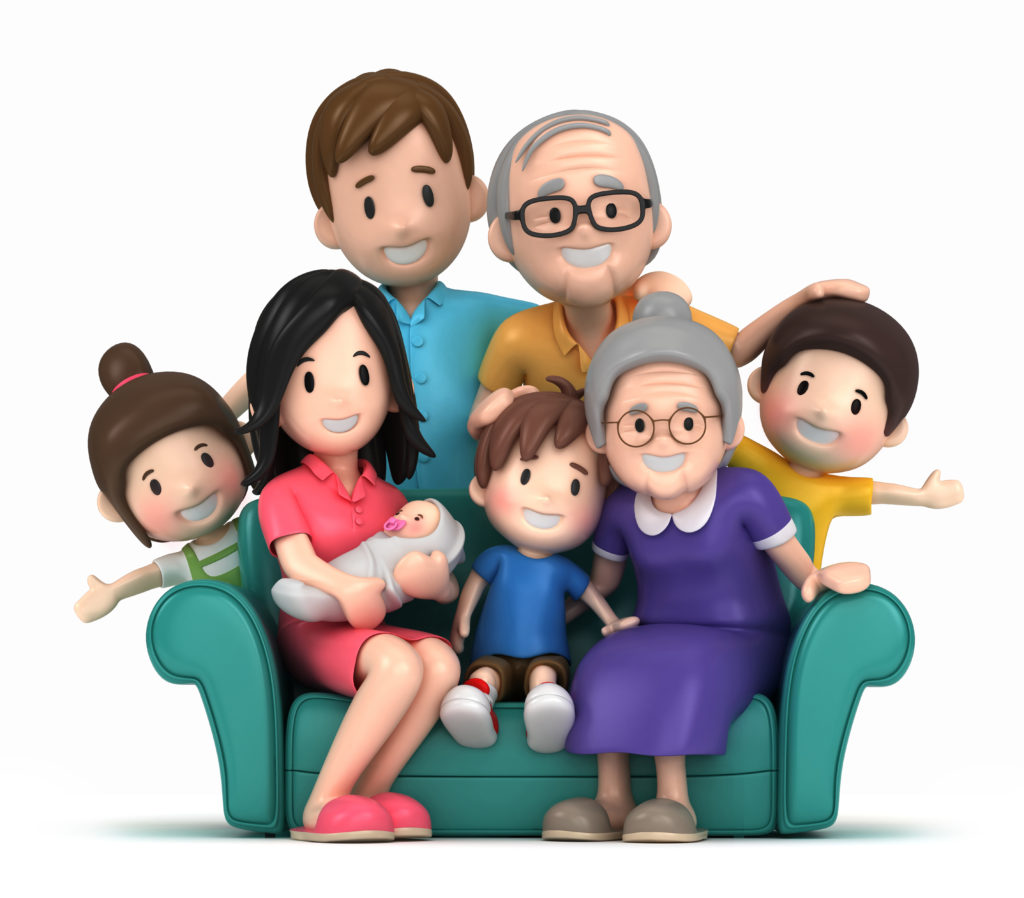Want Better Grades Later? Start English Early
Learning English at a young age isn’t just about picking up a second language it also strengthens the core skills children need to succeed in school. From better reading comprehension to sharper focus, early English exposure builds habits that help with all subjects later on.
Why Starting Early Makes a Big Difference
- Language Foundations Strengthen Literacy: Children who start English early develop stronger reading and writing skills—even in their first language.
- Listening and Focus Improve: Understanding English stories, songs, and instructions sharpens attention.
- Confidence Builds Participation: Kids who understand and speak a bit of English early on are more likely to engage in class and ask questions.
- Memory and Cognitive Skills Grow: Bilingual kids often show better memory, problem-solving, and task-switching abilities.
Simple Habits That Make a Big Impact
Short Daily Routines
Use 10–15 minutes a day to play an English song, name objects around the house, or repeat a phrase like “What’s this?” or “Let’s go!”
Story Time with a Twist
Pick a short English story and talk about it afterward. Ask questions like, “Who was happy?” or “What did she see?”
Game-Based Learning
Use memory games, action commands, or matching cards to make English stick in playful ways.
Support from Tools Like Dinolingo
Dinolingo offers over 40,000 short, interactive activities that teach English through stories, songs, and games. It’s designed specifically for kids ages 2–14, with leveled content to match their learning pace.
Key features include:
- Progress tracking for parents
- Offline materials for print-and-play
- Engaging, gamified learning that rewards effort
- Language exposure that supports reading readiness
Final Thoughts
Starting English early gives your child more than language it builds the mental and emotional foundation for better learning in every subject. With daily practice and tools like Dinolingo, you’re setting them up not just to speak English but to thrive in school and life.
Sources:



